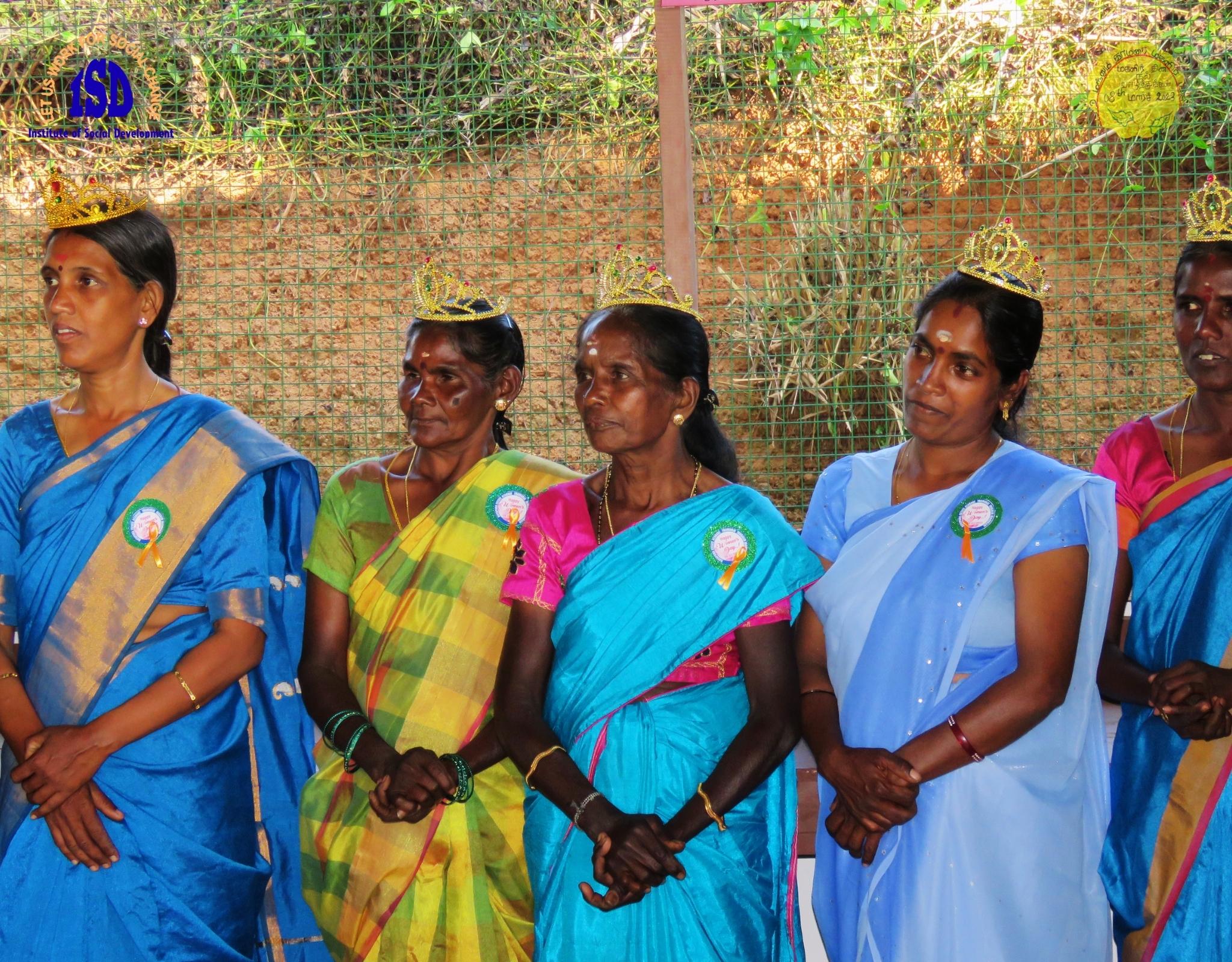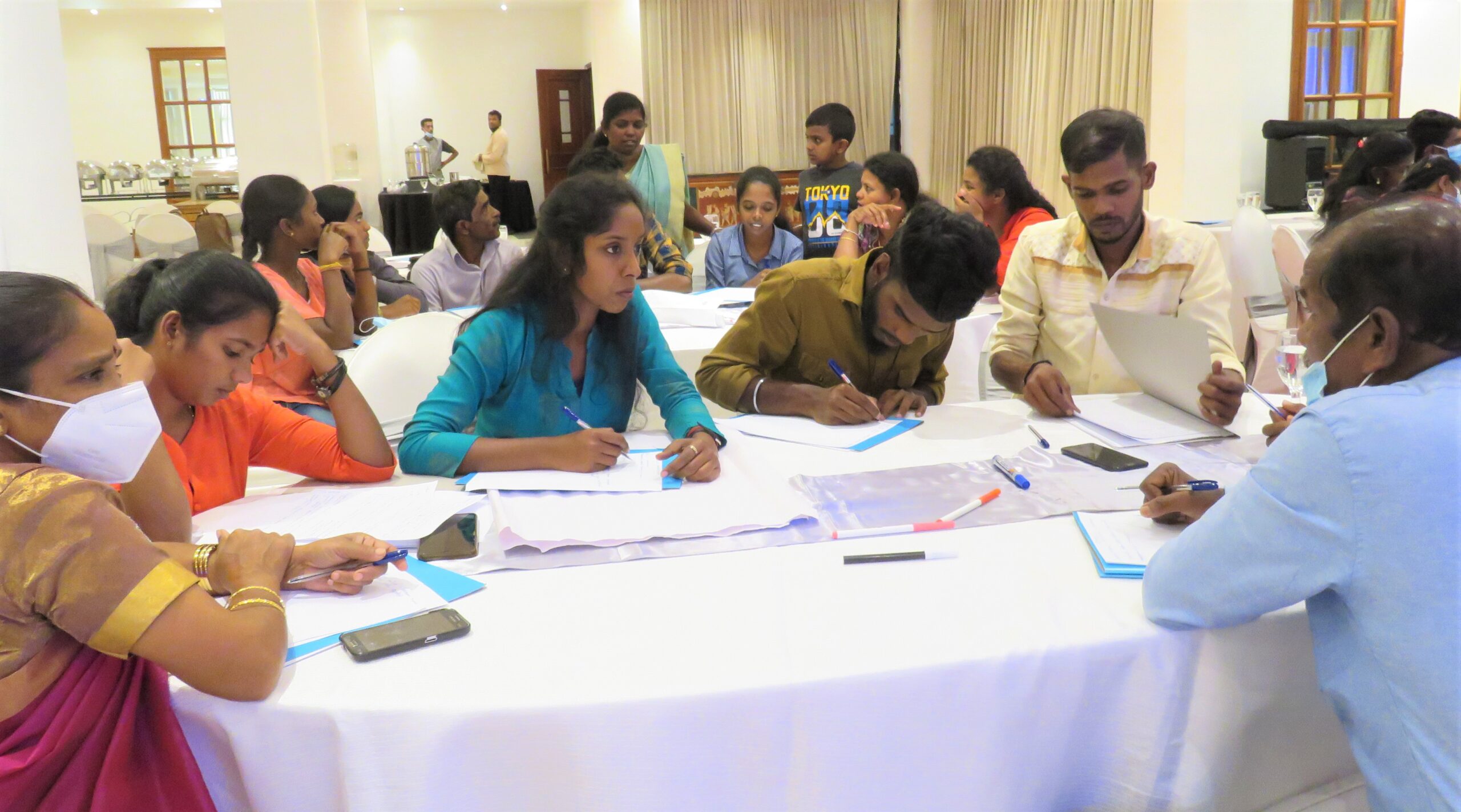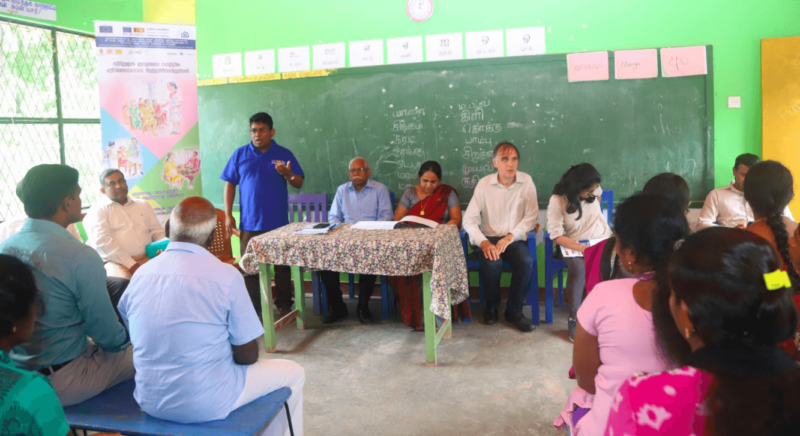The Institute of Social Development has been lobbying and advocating for equitable rights and justice for the Malaiyaga Thamilar community since its inception in 1991. The Institute of Social Development has executed a wide range of awareness programs to empower the marginalized Malaiyaga Thamilar community.



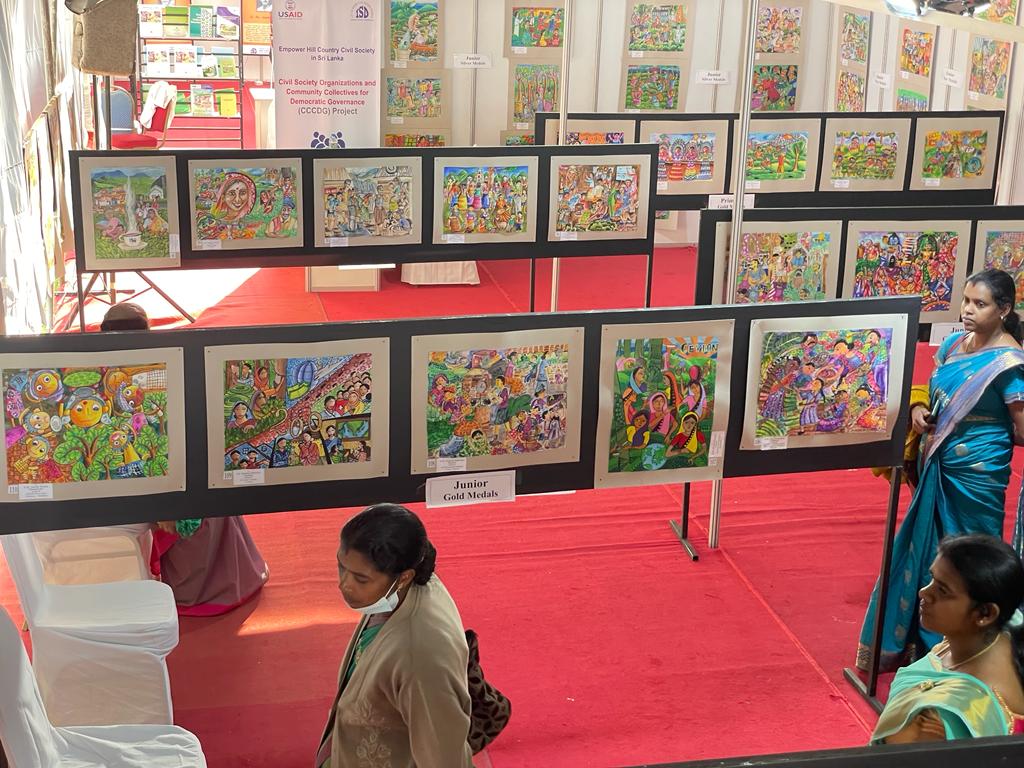
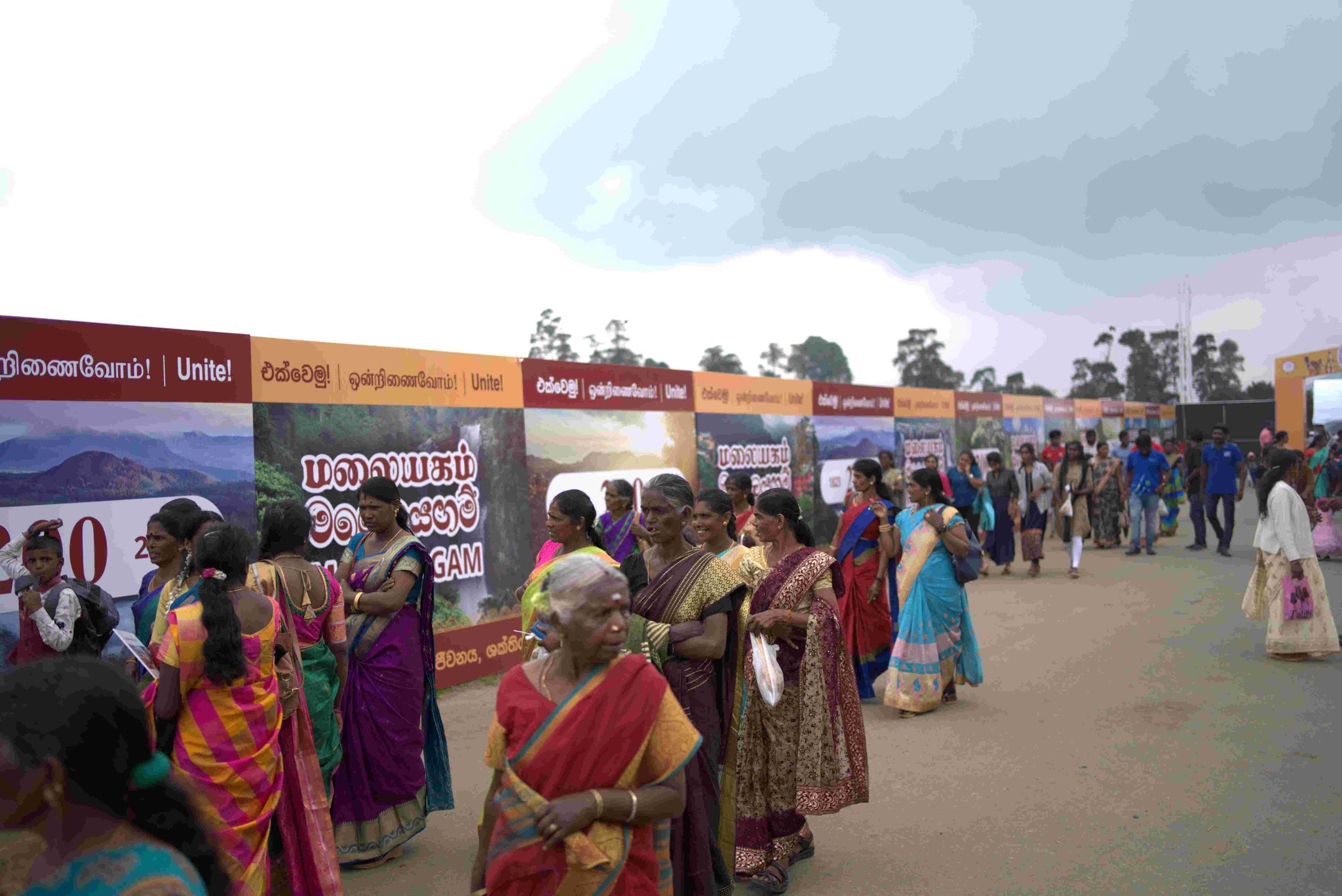
The Malaiyagam 200 event organized by the Institute of Social Development commemorated the 200 years history of the Malaiyaga Thamilar (Hill Country Tamil), from May 19 to 21, 2023, in Nuwara Eliya. The Malaiyagam 200 event intended to enlighten the national and international communities about the plight of the Malayaga Thamilar in order to foster solidarity in their struggle for justice. The event was an enlightening and exciting experience, featuring an exhibition of historical documents, art, culture, and social fabric of the Malaiyaga Thamilar. The community’s contribution to the social, economic, and political fabric of Sri Lanka was highlighted during the event.
